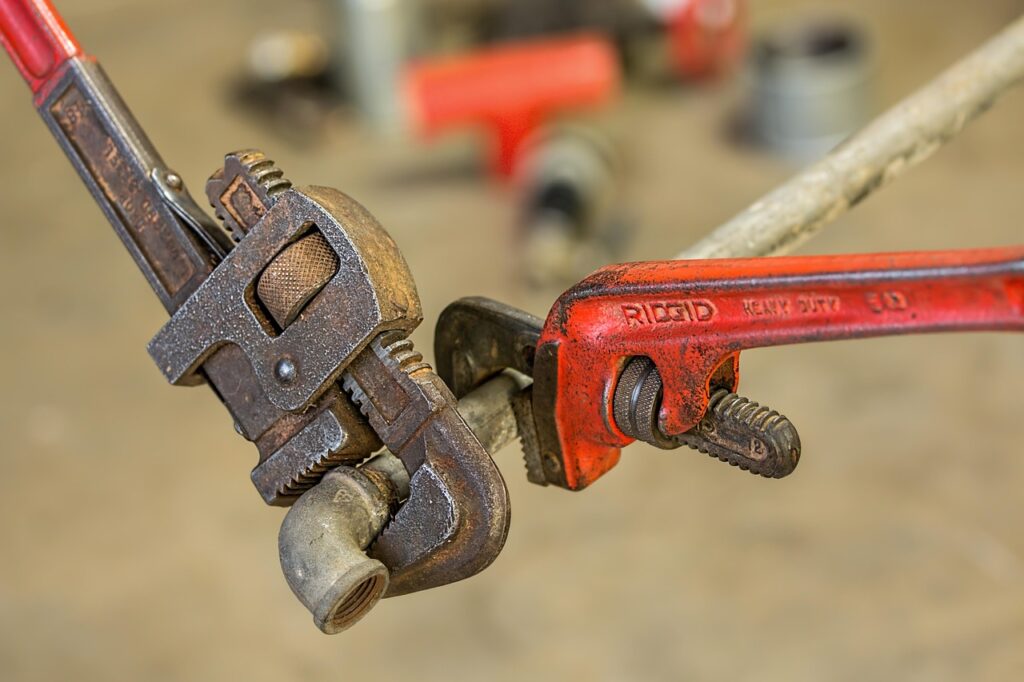Have you ever wondered how your home plumbing works? It’s something we use every day but don’t always think about. Plumbing is the system of pipes, fittings, valves and fixtures used for the distribution of water in your home. It’s an essential part of our lives and without it, we would be in a lot of trouble.
Leaks and clogs are common plumbing problems. When you have a leak, it means that water is escaping from the pipes and may cause damage to your home. A clog happens when something gets stuck in the pipes and water can’t flow through. In both cases, it’s important to get help from a plumber right away.
Plumbing is divided into two main categories: supply and drain. Supply plumbing brings fresh water into your home, while drain plumbing takes wastewater away. The supply plumbing system starts at the water meter and then goes to a main shutoff valve, which is usually located near the water heater. From there, it goes to the various rooms and fixtures in your home.
Toilets, sinks, showers, and tubs are the most common fixtures in a home’s plumbing system. Faucets, valves, and pipes connect these fixtures together, allowing water to flow from one to the other. Each fixture is connected to a branch line, which in turn connects to the main supply line. Branch lines are smaller and run from the main line to individual fixtures.
Drainage plumbing is connected to each fixture, carrying wastewater away. It’s important to make sure that drain pipes are sloped properly to avoid clogs. The drain plumbing system exits your home through a main sewer pipe that connects to the city’s sewer system.
Your home’s plumbing system needs regular maintenance to keep working correctly. If you ignore problems, they will only get worse and may lead to expensive repairs. Make sure to schedule regular plumbing inspections by a licensed plumber. They can check your system for any leaks, clogs, or other issues before they become serious problems.
When you need to call a plumber, it’s essential to choose someone you trust. Get recommendations from family and friends. Check online reviews and ratings to see what other people are saying about the company. Don’t wait until you have a plumbing emergency to find a plumber. Start your search early and find a plumber you can rely on.
One way to prevent plumbing problems is by being mindful of what you put down your drains. Avoid pouring grease, oil, or fat down the drain. They can coat the inside of pipes, trapping food and other debris and causing clogs. Coffee grounds, eggshells, and produce stickers can also cause issues, so it’s best to throw them away in the trash.
If you want to save water, consider installing low-flow toilets and faucets. These fixtures use less water and are just as effective as traditional ones. In addition, you can save money on your water bill by fixing leaks as soon as you notice them. A dripping faucet can waste a lot of water over time, so get it fixed right away.
Plumbing is an essential part of any home. It brings fresh water into our homes and takes away waste. Regular maintenance and being mindful of what goes down your drains can prevent costly repairs. If you have a plumbing problem, don’t hesitate to call a licensed plumber. With proper care and attention, your home’s plumbing system should work great for years to come.








